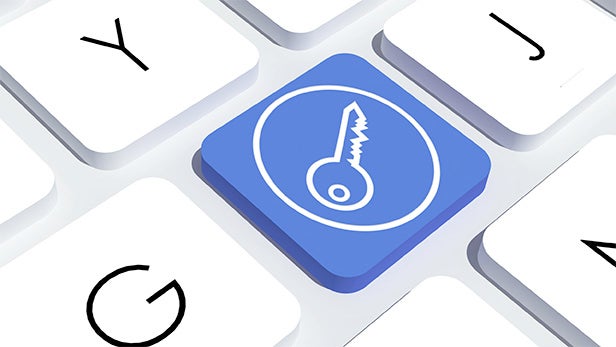Finding out if your password has been hacked just got way easier

Is my password safe? Our guide explains how to check your password strength and protect yourself against the latest hacks.
Scarcely a day goes by without some kind of online security brouhaha hitting the headlines. Our digital selves are more vulnerable than ever in 2017, yet we’re often our own worst enemy – especially when it comes to the strength of our passwords.
One study, by password manager Keeper, shows that many of us are still using rudimentary phrases to safeguard our accounts, with nearly 17% of people still relying on the infamous ‘123456’ – equivalent to wearing Swiss cheese as a condom.
A handful of seemingly more complex combos appear on the list, but Keeper notes that these too are vulnerable, as they’re based on predictable keystroke patterns.
Without further ado, let’s take a look at the easiest way to check your password strength and see if you’ve been hacked, as a rather useful new tool has just entered the wild.
Related: Best password manager
Password Hacking: How to check if your password is safe
Devising a secure password isn’t as easy as it sounds, but fortunately, there are a number of decent password strength checking tools available for free online.
Two that standout in particular are Kaspersky Lab’s Secure Password Checker, and How Secure Is My Password? (HSIMP), which is backed by popular password manager Dashlane.
While neither checker is bulletproof – both sites state that they are purely for educational purposes – they do give you a rough idea of how tough your password is to hack.
Of the two, Secure Password Checker is definitely the more paranoid. I entered the same phrase into both tools, with Kaspersky’s informing me that a brute-force attack on my computer would crack my password in just 15 seconds – HSIMP had the figure at four days.
The discrepancy underlines that password strength checkers aren’t 100% reliable, but they are a starting point if you’re looking to get serious about your online security.
Related: How to secure your home network from hackers
What happens if driverless cars kill? Watch our video guide to find out!
How to check if your password has already been hacked
If you’re reading this and your bum is squeakier than when your team concedes an injury time free kick on the edge of the box, it might be time to check if you’ve already been the victim of a data breach.
Here, Have I been pwned? (HIBP) is your friend – just enter your email into the search box and it will tell you if any accounts linked to the address have been subject to a breach.
Better still, the site – which is run by respected security researcher Troy Hunt – now also features a ‘Pwned Passwords’ checker. This means you can not only check if one of your email accounts has been breached, but examine the health of your favourite passwords. You can find this particular tool here.
Other options to check if you’ve been hacked include Breach Alarm and Has my email been hacked?, although they’re not quite as comprehensive or up-to-date, based on my investigations; inputting an email I knew had been compromised, all three sites flagged the 2013 Adobe hack, but only HIBP highlighted a smaller 2016 breach of another website.
For more tips on how to improve your online security, check out Get Safe Online, a UK site that’s sort of like the Citizen’s Advice Bureau for digital denizens.
Related: Best free antivirus software
Those are the best available options right now, but keep this page bookmarked and check back regularly, as we’ll continue to update it with all the latest safeguards we discover.

